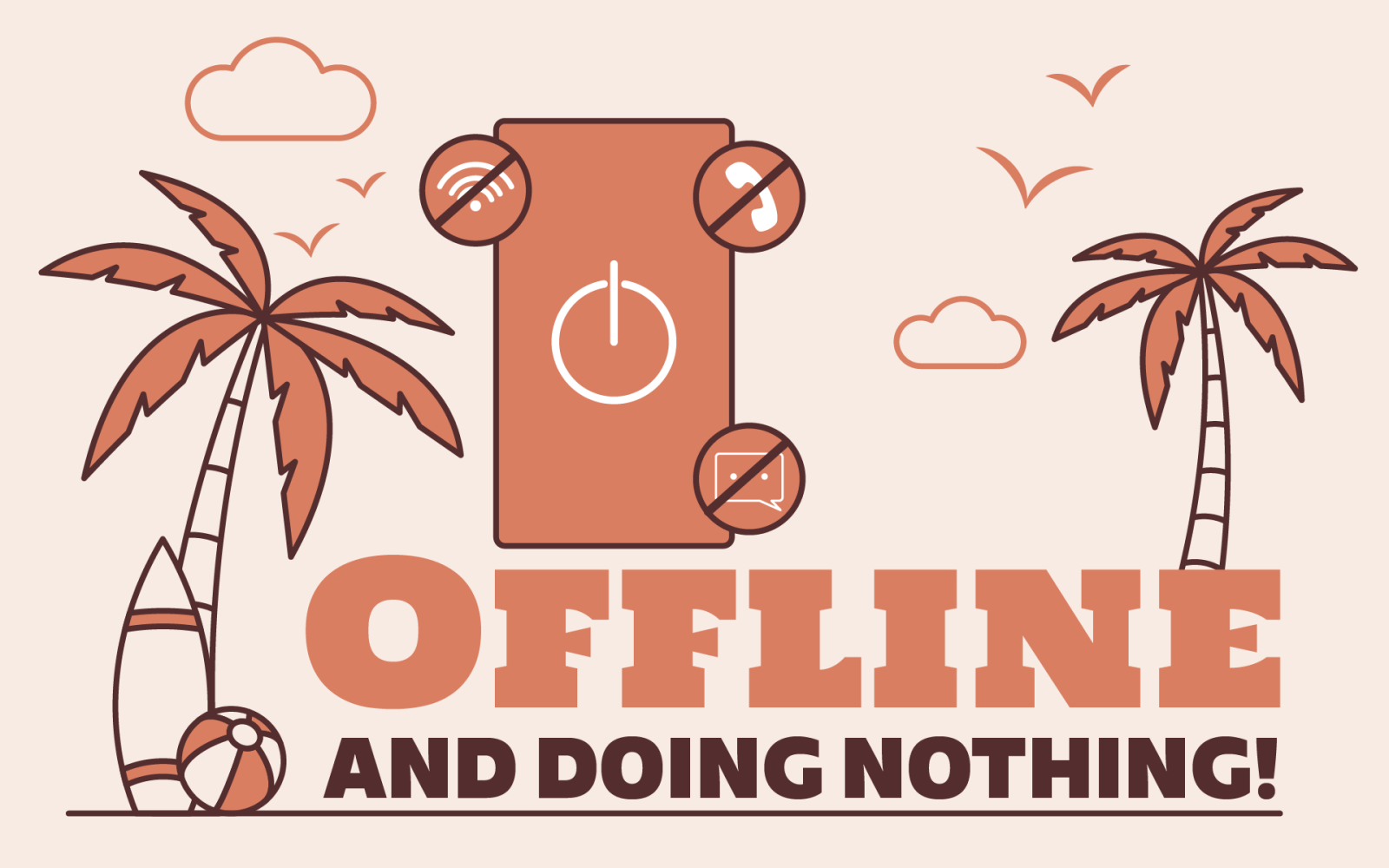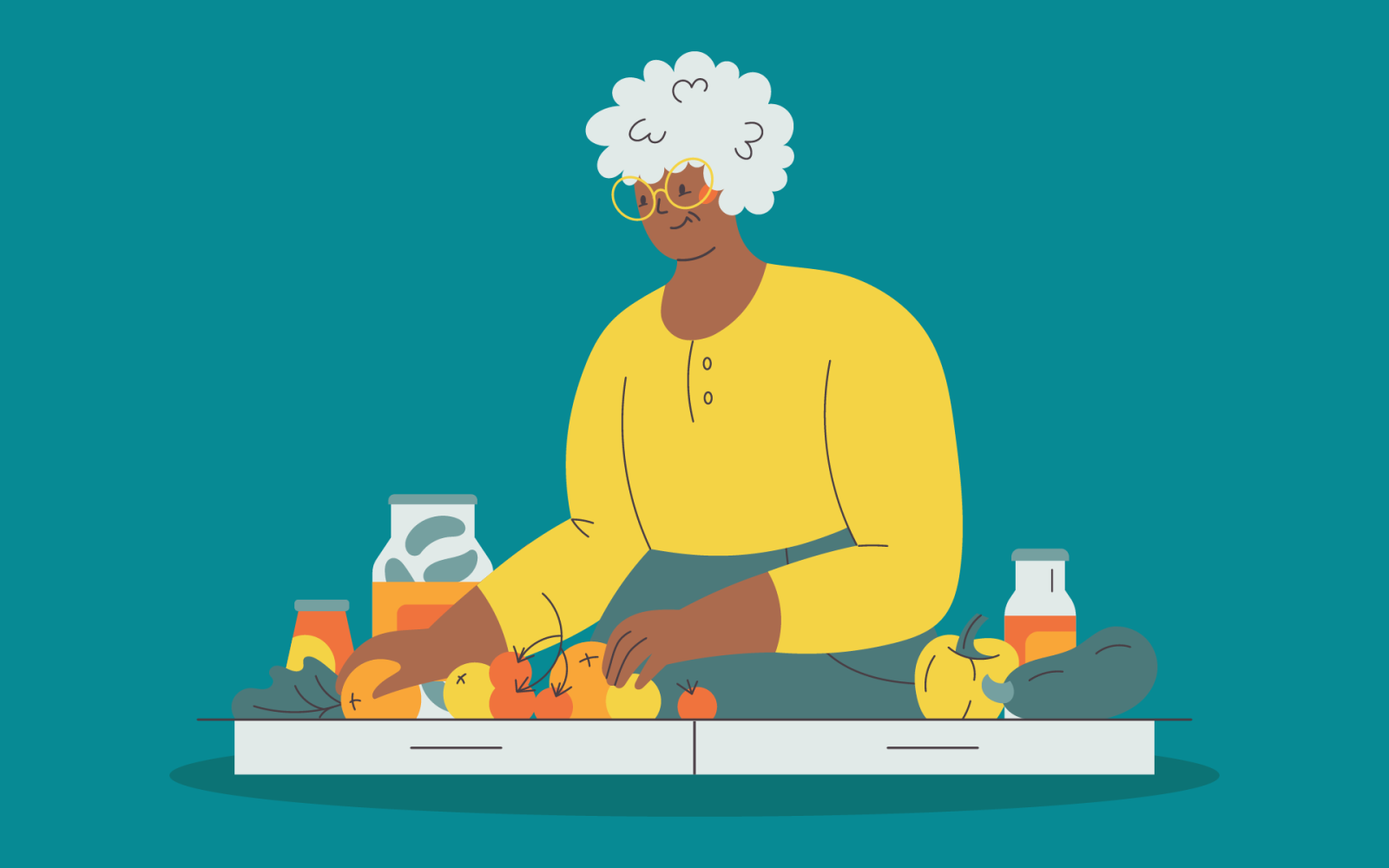How I learned to stop worrying, and fall in love with uncertainty

If it’s true that anything can and will go wrong, then it’s equally true that it won’t.
I once worked with a project manager friend on projects to digitise collections of rare or unique library material.
These were collaborative projects involving multiple departments, including librarians, academics, and web developers.
Seeing my friend in action was a pleasure. He had an extraordinary ability to keep our projects moving, despite some team members’ best efforts and most creative excuses to stall them.
The start of a project was less of a pleasure. As manager of the department tasked with digitisation, I had to complete a project plan before work could start.
This was a simple template summarising the project’s aim, key dates and deadlines, and the steps we’d take to reach the finish line. We also had to note threats to its completion, or things that could go wrong along the way.
Anyone else would have no trouble with this last bit of the plan. They could easily produce a list that might include loadshedding, a scheduling clash, or equipment failure. Not me.
Why stop at broken equipment, I wonder? While we’re here, let’s dream up all the possibilities.
A rogue comet could end us all. The project leader could resign to follow her dream of yarn-bombing the city. Or she could suddenly realise that her job is pointless, and choose to live out her remaining days on St Helena.
My problem with listing potential project threats is less about thoroughness than it is existential. Anything can happen in life, and trying to predict an outcome is an exercise in futility.
Certainty is a rare thing in life. As creatures of habit, we believe in permanence. Uncertainty – not knowing how long, or whether, something will last – makes us uncomfortable.
We are most at ease in routine, because we think we can predict what comes next. Stressful events remind us that we should add impermanence to our list of life’s certainties.
My current job has me supporting scientists. Much of what they do is a mystery to me. What’s clear is that uncertainty is their natural habitat.
Comfortable with the unease that comes with not knowing, they respond by asking questions, testing, and reviewing. From their perspective, uncertainty becomes a driving force, fuelling enthusiasm and curiosity.
If my project manager friend were to ask me to list potential project threats today, I’d know it was time to step away from the keyboard when my brainstorming veered into apocalyptic realms.
I’ll never be a clairvoyant, and it’s unlikely that uncertainty will ever feel like home. But just as some stress is necessary as a motivator, I can appreciate that a little uncertainty keeps life interesting.




